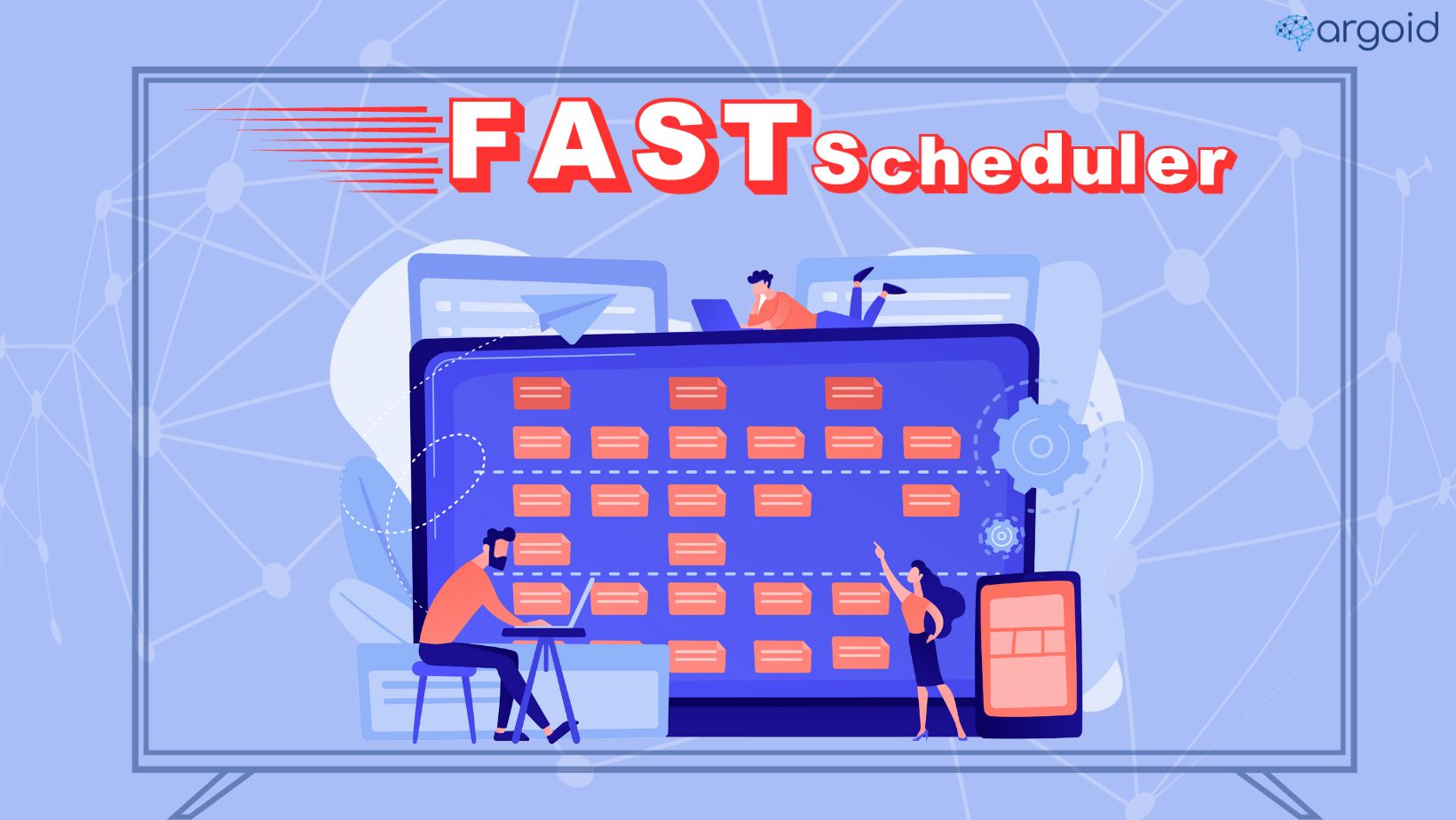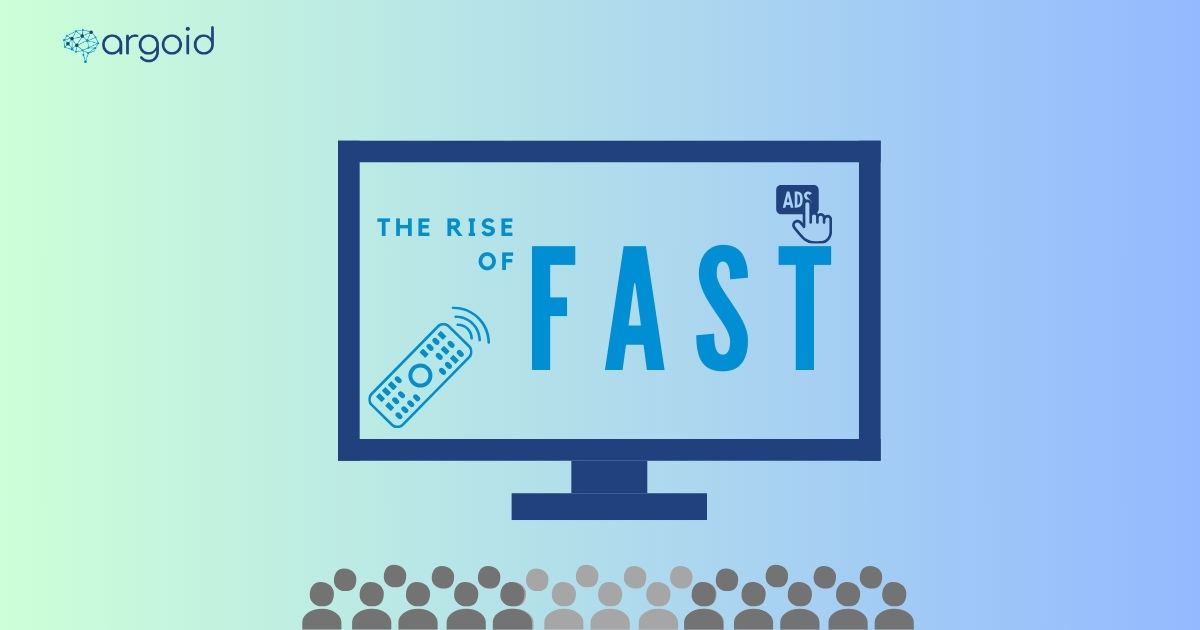To someone with no eCommerce background, Shopify and Shopify Plus might mean one and the same thing. And technically speaking, they are not wrong. The differences between Shopify and Shopify Plus are subtle and can be easily missed. In this guide, we will help you decide which side to lean on when it comes to the Shopify vs. Shopify Plus debate.
For the uninitiated, Shopify is one of the most popular eCommerce platforms in the world. According to estimates, over 1.75+ million businesses use Shopify globally. On the other hand, there are over 25,000 domains running Shopify Plus.
Research further indicates that Shopify Plus stores have witnessed a 19% growth year-over-year in 2022. Needless to say, both Shopify and Shopify Plus are experiencing skyrocketing growth and have some of the world's best brands on their roster, such as Kylie Cosmetics, Steve Madden, Sephora, etc.
Consider this to be your go-to guide for Shopify vs. Shopify Plus. We will deep-dive into a comparative study of both, which includes analyzing their features, advantages, price points, and key differences. Let's jump right in.
Starting with the Basics: What is Shopify?
Shopify is an eCommerce platform founded by Tobias Lütke, Daniel Weinand, and Scott Lake, which empowers people to:
- Create and set up an online store or a 'buying portal' for customers
- Sell their products - be it online, on social media, in-store, or through other marketplaces such as Amazon, eBay, etc.
- Leverage unique eCommerce features such as customized themes for the website, great plugins, 24x7 customer support, and more
Shopify's unique features include access to professional themes, domain names, branding, and blogging. You also get access to the shopping cart and store management options (think: refunds, abandoned checkout recovery, automatic carrier shipping rates, customer profiles, marketing, SEO, Google Ads credits, social media integrations, etc.)
Shopify's core functionalities are best suited for smaller and medium-sized businesses as well as individuals who wish to sell online. After all, kickstarting an eCommerce business can be a challenging affair. If you are someone who wants to get your eCommerce business off the ground with the right foundation in place, Shopify is worth trying out.
So Then, What Exactly is Shopify Plus?
As the name suggests, Shopify Plus is an upgrade of Shopify – it inherits the best features, functionalities, support, and integrations that Shopify has to offer and makes it even better. Shopify Plus is an omnichannel enterprise-level platform.
Shopify Plus' unique features include access to the Shopify organization admin, which lets you manage all your stores from a centralized location. You can also integrate with custom apps and access innovative programs such as Shopify Plus Partner Program, Shopify POS Pro, and Shopify Plus Community on Facebook.
The takeaway: The primary distinction between Shopify and Shopify Plus is that both target a different customer base and have different pricing plans. The more cost-effective option of the two, Shopify, is aimed at smaller businesses, whereas Shopify Plus strategically targets larger enterprises. According to Shopify, stores typically upgrade to Plus when sales hit the $80,000 USD per month mark.
13 Main Differences Between Shopify & Shopify Plus
As mentioned earlier, Shopify Plus offers the same core functionalities and features as Shopify, in addition to more advanced features, integrations, and additional support. Let’s look at what they are.
Shopify vs. Shopify Plus: Which One is Right for Your Business?
Now that we've looked at the basic differences between Shopify and Shopify Plus, let's understand which one makes sense for your business.
Here's a quick comparison of the two platforms, keeping the following 'deciding factors' in mind:
Based on these deciding factors, here is what we believe are the top 4 advantages for Shopify and Shopify Plus:
Key takeaway: To summarize, Shopify is best for growing small to medium sized businesses that need core and robust eCommerce features such as inventory management, shipping, and competitive payment processing. If you have an eCommerce business with multiple locations, Shopify is the way to go.
Shopify Plus, a way more expensive plan, is more suited for larger enterprises that engage in high-volume multichannel selling and want advanced features such as international shipping fulfillment, international payment processing in multiple currencies and languages, the ability to monitor real-time analytics for omnichannel sales, 3D modeling of online store products, automated workflows, and so on.
In Summary: Shopify vs. Shopify Plus - Is There a Better Choice?
To recap, let’s look at how to make the right choice between Shopify vs Shopify Plus.
While both have the same core offering, which includes the basic eCommerce features and a dashboard, Shopify Plus is a more advanced version of Shopify, offering greater customization, flexibility, support options, integrations, and access to the store's underlying code. Users can also benefit from end-to-end automated workflows for key processes (think: scheduling sales, driving marketing campaigns, automating inventory decisions, adding 3D product videos to the website, etc.).Opt for Shopify Plus if you are a large enterprise, dealing with high-volume sales and millions of monthly orders.
In stark contrast, Shopify is ideal for smaller businesses and individuals looking for an eCommerce store with a few basic functionalities. If you have little to no knowledge of how to set up an online store, Shopify can double up as your handy guide.
There you go. We've covered nearly every aspect you need to know about when analyzing Shopify vs. Shopify Plus. Now that you better understand how the two plans work, make an informed decision by factoring in your specific business needs. Select the right platform to boost your eCommerce store to legendary status.
FAQs
How much is Shopify Plus, and how do I purchase it?
The pricing for Shopify Plus is quote-based, with the starting price at $2000 per month for standard setups and integrations. It has multiple variable components, and the final price depends on credit card sales volume. Say your business reaches $800,000 per month in sales; you'll be charged on a revenue-based model, maxing out at roughly $40,000 a month. To get more details, you'll need to connect with a Shopify representative.
Between Shopify and Shopify Plus, which is a faster option?
While the core features for Shopify and Shopify Plus remain the same, however, when it comes to speed, we suggest going for the Shopify Plus option as it:
- Enables large-scale businesses to scale their operations at lightning speed
- Offers user-friendly automated workflows
- Provides extensive support option
- Offers greater access to the store's code, allowing you to drive flexible growth
Is Shopify worth the investment?
Irrespective of your business size and scope, Shopify is worth considering. Its biggest advantage includes providing automated workflows and empowering businesses to scale with rapid speed. Plus, it offers choices thanks to the different plans and pricing models available. The reputed platform helps boost customer loyalty and improve trust as well as confidence in the brand. Its add-on eCommerce functionalities, extensive support, and user-friendly integration features make it a lucrative choice for small and large businesses alike.
When should I upgrade to the Shopify Plus plan?
When thinking about the 'right time' to upgrade to a Shopify plan, consider the following three important factors:
- Your business's annual revenue as Shopify Plus is an expensive model; ideally, your business should be earning about 1 million dollars annually at the minimum as the pricing for the plan alone costs about $2000 a month
- The number of people working in your organization: If your business is scaling rapidly and you need unlimited user accounts, Shopify Plus is the way to go
- The frequency and intensity of repetitive tasks: The Shopify Plus plan offers access to eCommerce automation tools. It also provides access to Shopify Plus Partners - a program which supports Shopify merchants by offering end-to-end support for custom website development, migration from other platforms, marketing, branding, and ongoing strategy services, UX and design, and more so that they can run operations seamlessly and handle repetitive tasks at scale
If your business ticks all the checkboxes, it might be a good idea to switch to the Shopify Plus plan. Plus, if your business has leveraged the most that Shopify has to offer, switch to the Shopify Plus plan.
What are the main differences between Shopify and Shopify Plus?
The regular Shopify plan is ideal for smaller businesses and individuals who want core eCommerce tools. Shopify Plus, on the other hand, offers enterprise-grade features, such as improved access to the Shopify API, the ability for unlimited users to set up an account, enhanced multi-currency selling features, ready access to the entire suite of Shopify POS tools, and a hyper-customized and upgraded checkout process. Needless to say, Shopify Plus is ideal for larger businesses that deal with high-volume transactions and millions in sales.
How can I upgrade to Shopify Plus?
You can upgrade from Shopify to Shopify Plus in two ways:
- One, by migrating with a third-party automated tool.
- Two, by contacting the team at Shopify, who will provide you with all the help, guidance, and resources you need to make the shift happen.












.png)






